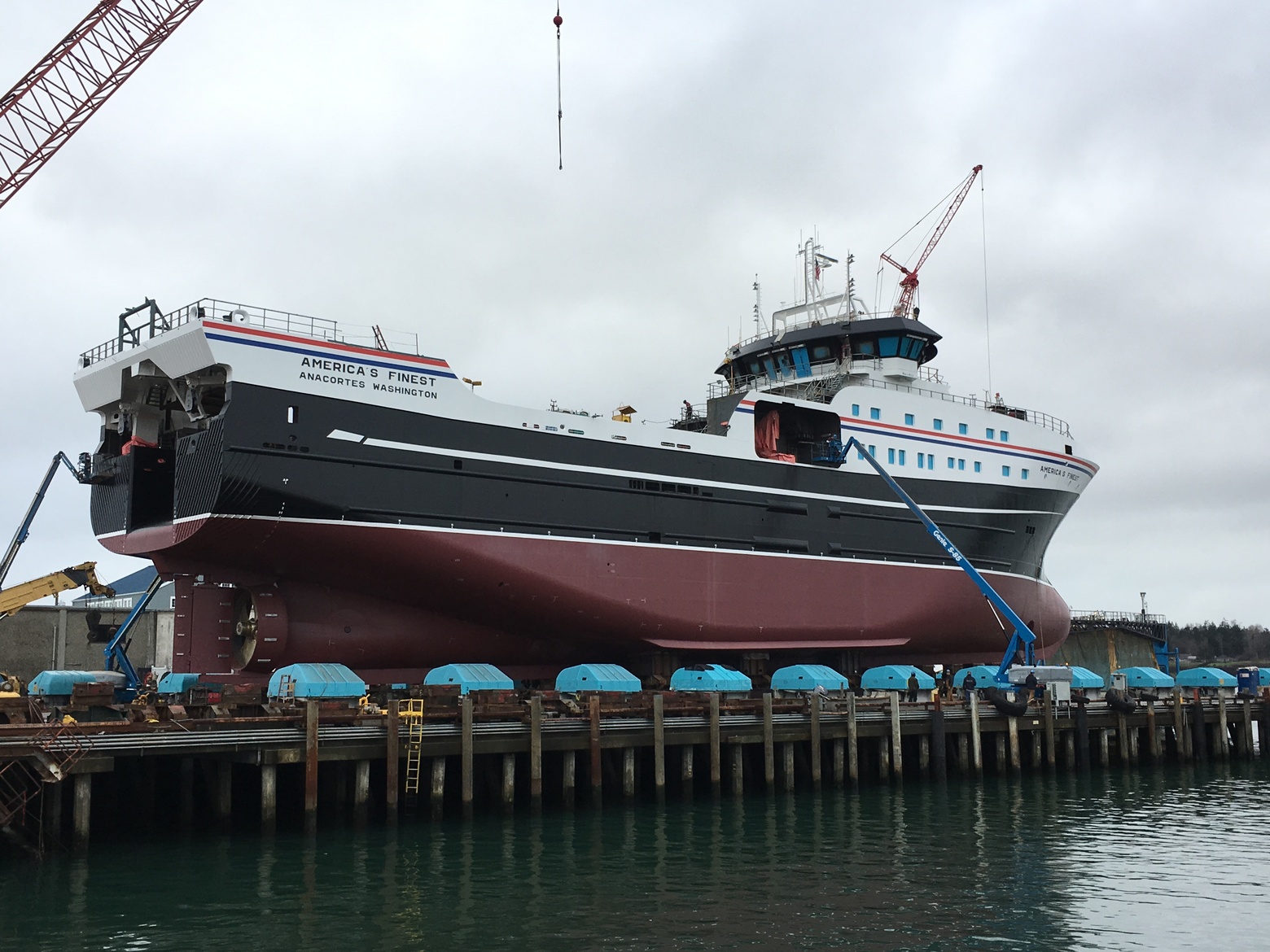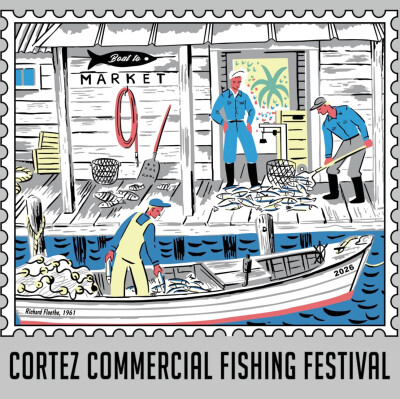The staff at Dakota Creek Industries in Anacortes, Wash., has been working around the clock to find ways to appease federal lawmakers following a mistake that has grounded the $75 million 264-foot catcher-processor America’s Finest.
The state-of-the-art vessel was supposed to be a big upgrade for the Fishermen’s Finest fleet but Dakota Creek used too much steel that was modified overseas in the boat’s construction to pass muster under the Merchant Marine Act of 1920.
Under the act, widely known as the Jones Act, a ship that works U.S. waters must be assembled in the United States by American workers, and all major parts of the hull must be made with American materials. There is an exception for parts bought abroad, but foreign-made materials are limited to 1.5 percent of a ship’s weight, under Coast Guard rules.
The shipyard had parts of the hull cut and bent in Holland before being processed stateside, and those parts ended up accounting for about 10 percent of the vessel’s weight, well above the allowed 1.5 percent. That work cost $275,000, or 0.4 percent of the projected total vessel cost of $75 million.
Now the yard has to seek a waiver that would allow the boat to fish in U.S. waters despite noncompliance with the act.
Dakota Creek has proposed buying a $700,000 cold-forming press machine — a machine that can bend unheated steel — that was used to form part of the ship’s hull overseas and bring it to the West Coast. The machine would be given to Seattle-based Seaport Steel and would be made available to boat builders throughout the region.
The shipyard and fishing company hope the purchase could help sway lawmakers and the American Maritime Partnership, a powerful coalition that represents the U.S. maritime industry.
“We are trying to work to resolve differences to make this situation acceptable to AMP,” said Dakota Creek owner Mike Nelson in an interview with the Skagit Valley Herald.
Without a waiver, the boat would have to be sold abroad at an estimated loss of $25 million. A briefing paper on the situation from Dakota Creek’s lawyers claims the loss could “eliminate two Washington companies (and) more than 500 highly paid and skilled trade jobs.”
In May, U.S. Rep. Rick Larsen added an amendment to the U.S. House of Representatives Coast Guard budget bill that waives the Jones Act requirements for America’s Finest. There has been no action in the senate on the situation yet.
Dakota Creek is still contractually obligated to deliver Fishermen’s Finest a Jones Act-compliant ship.







